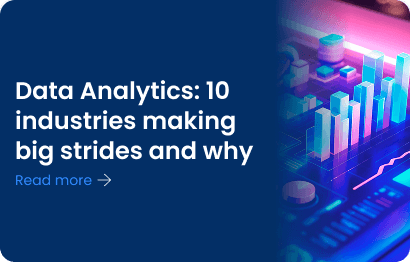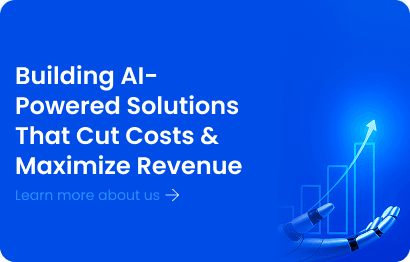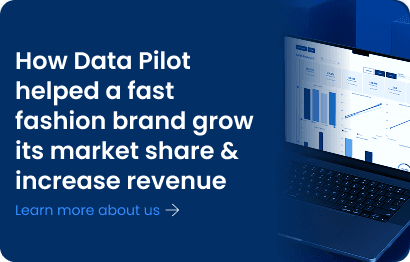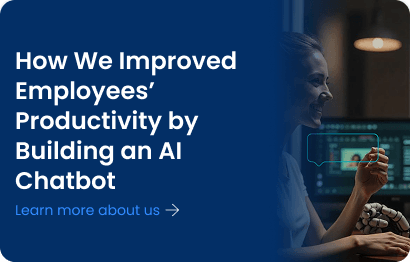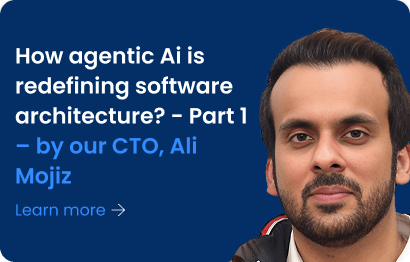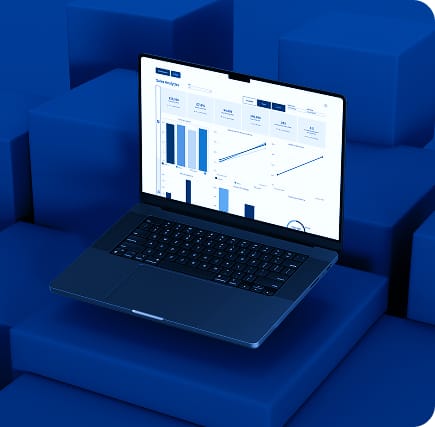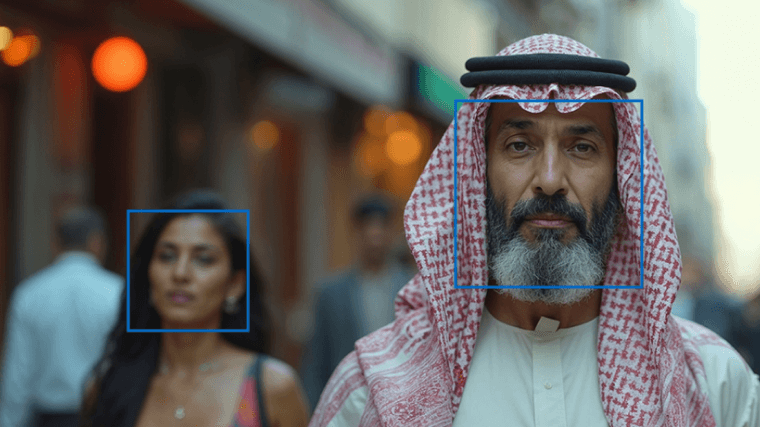Decode Data. Deploy AI. Dominate Markets.
Your compass in an AI and data-driven world—boosting productivity and growth with smart data and AI solutions.
2024
%
Data
Storage Cut
with Data
Deduplication
More Profitable
with Data
Management
Gain More
Customers
with Data
Strategy
2024
Data-Driven Insights
%
Data
Storage Cut
with Data
Deduplication
More Profitable
with Data
Management
Gain More
Customers
with Data
Strategy
Certifications
Some of the Problems That We Solve
Problem
My data is dispersed and disorganised
Solution

Services
Technologies: Snowflake, Amazon Redshift, AWS Glue, AWS Lambda, & AWS Redshift
Problem
I can’t get real-time insights from my data
Solution

Services
Technologies: Azure Stream Analytics, & Power BI
Problem
My tasks are manual and time-consuming
Solution

Services
Technologies: UiPath, & Flowise
Problem
My data storage is costly and inefficient
Solution
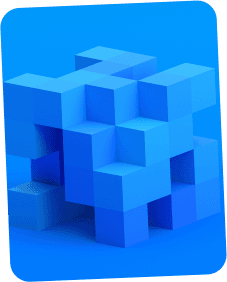
Services
Technologies: AWS S3, MinIO, & Clickhouse
What Our Clients Say

We needed a world class, fast and agile full stack data team – Data Pilot have been that and so much more.
Mark Patchett
Founder at Growth Shop
Services Provided
Data Engineering
Advanced Analytics and BI

Data Pilot is deep and professional. They have delivered accurate testing results. The team is professional and maintains communication through virtual meetings, email, and messaging apps.
Stephen Youdeem
CEO RYIS
Services Provided
AI and ML
MLOps

Data Pilot is helping Lulusar leverage data to create the optimal experience for its customers & business. Together, we are pursuing in-depth analytics and predictive modeling to optimize how we grow & retain customers.
Saif Hassan
Director Lulusar
Services Provided
Data Engineering
ETL
Data Visualisation
Data Strategy
Machine Learning
Forecasting, & Marketing Analytics

In Pakistan Single Window, we often work with external partners and consultants, but collaborating with Data Pilot has been a truly transformative experience. They helped PSW craft its enterprise data management strategy that is currently being implemented by us. Strongly recommend Data Pilot for any organization that is seeking innovative, impactful solutions to modernize their data management practices.
Aftab Haider
CEO PSW
Services Provided
Data Strategy
Data Management

Their knowledge of data analytics space is at an expert level.
Dennis Hecht
Chief Product & Analytics Officer, 7 Knots Digital
Services Provided
Data Engineering
Data Analytics
BI

We have partnered with Data Pilot on quite a few of our projects. This strategic relationship was not only key to our success but also resulted in satisfied clients.
Debbie Wallace
PM Assistant at DevWise
Services Provided
AI & ML
MLOps

Their level of responsiveness, expertise, and dedication to our urgent timeline was exemplary.
David Stier
Co-Founder, Social Media Analytics Company
Services Provided
AI & ML
Data Engineering
Advanced Analytics and BI
Your Industry, Reinvented with Data Pilot
No matter your industry, we tailor our solutions to help you solve your unique challenges, ensuring you lead your industry with confidence
Success Stories
Success Stories
Blogs
Ready to Turn Your Data Into Actionable Insights?
Your transformation starts here.





